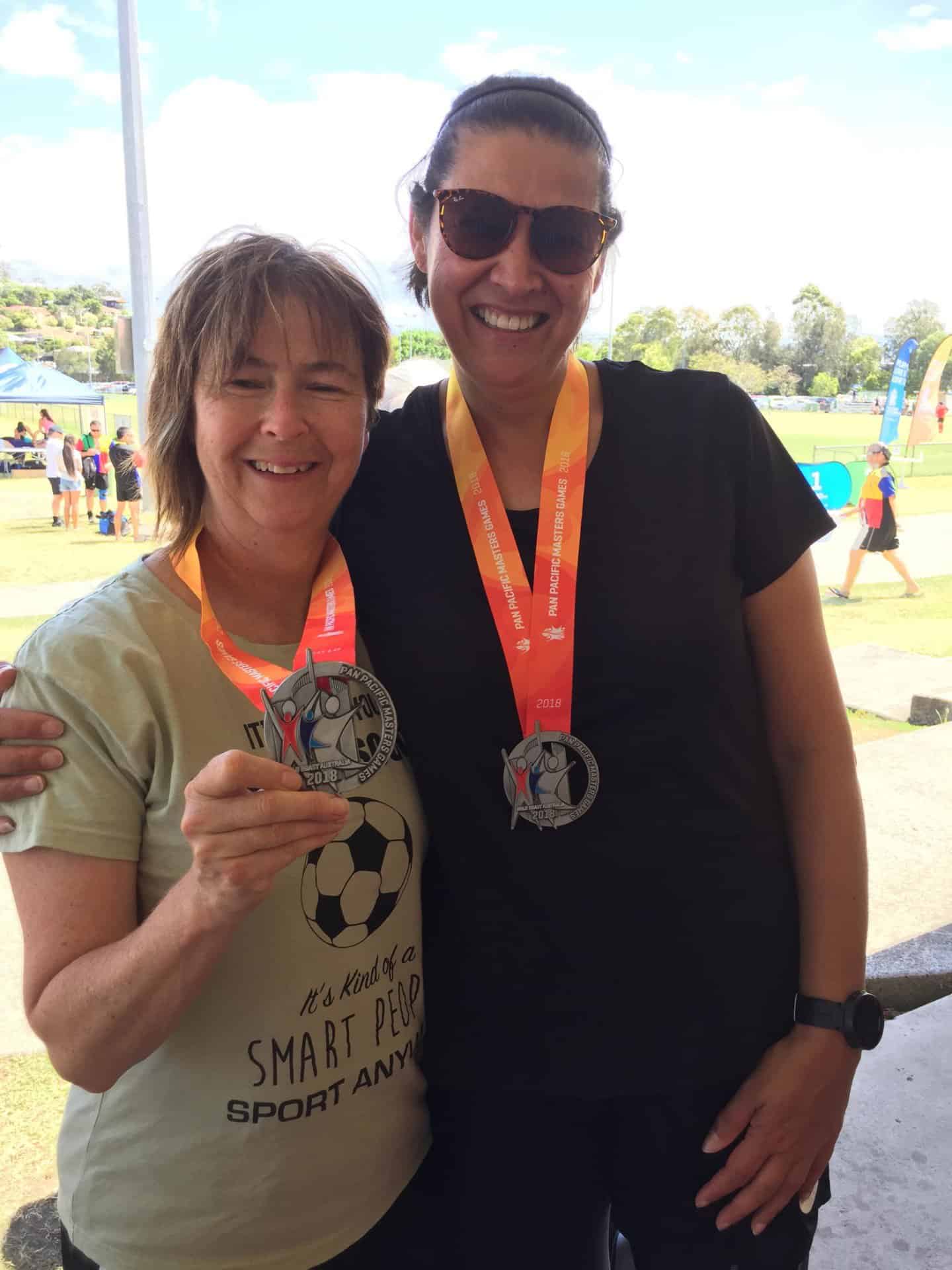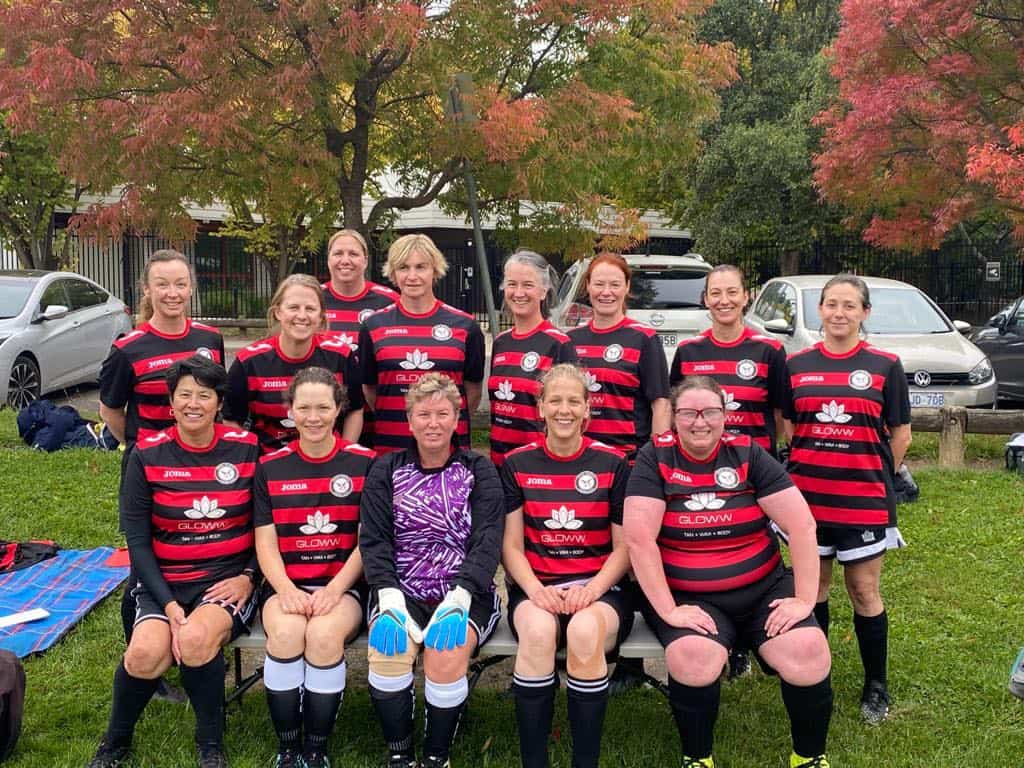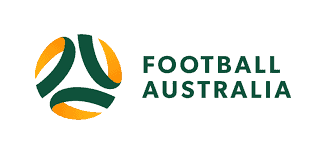At 14-years-old, Fran Sankey decided to give football a go and she has never looked back.
From playing in Newcastle and Canberra, travelling the globe for the World Masters Games, becoming a club volunteer and working at Canberra United home games, Fran’s passion for football has taken her on many adventures, where she has created life-long friendships and made fond memories.
In 2013, she widened the goal posts and joined the Capital Football Board. Six years later in 2019, Fran was elected Chair, with a drive to help football grow and create equal opportunities for men and women.
As we prepare to celebrate 100 years since the first public game of women’s football was played in Australia, we sat down with Chair Fran Sankey to discuss her love for the game and where it’s taken her.
Q: How did you first become involved in football?
FS: When I was 14, my neighbour (the mum of the kids next door) asked if I wanted to play as some local guys were starting a female soccer team for their girlfriends. The team was with Westlakes Wildcats. I still have my first pair of socks and a jacket! I’ve played ever since.
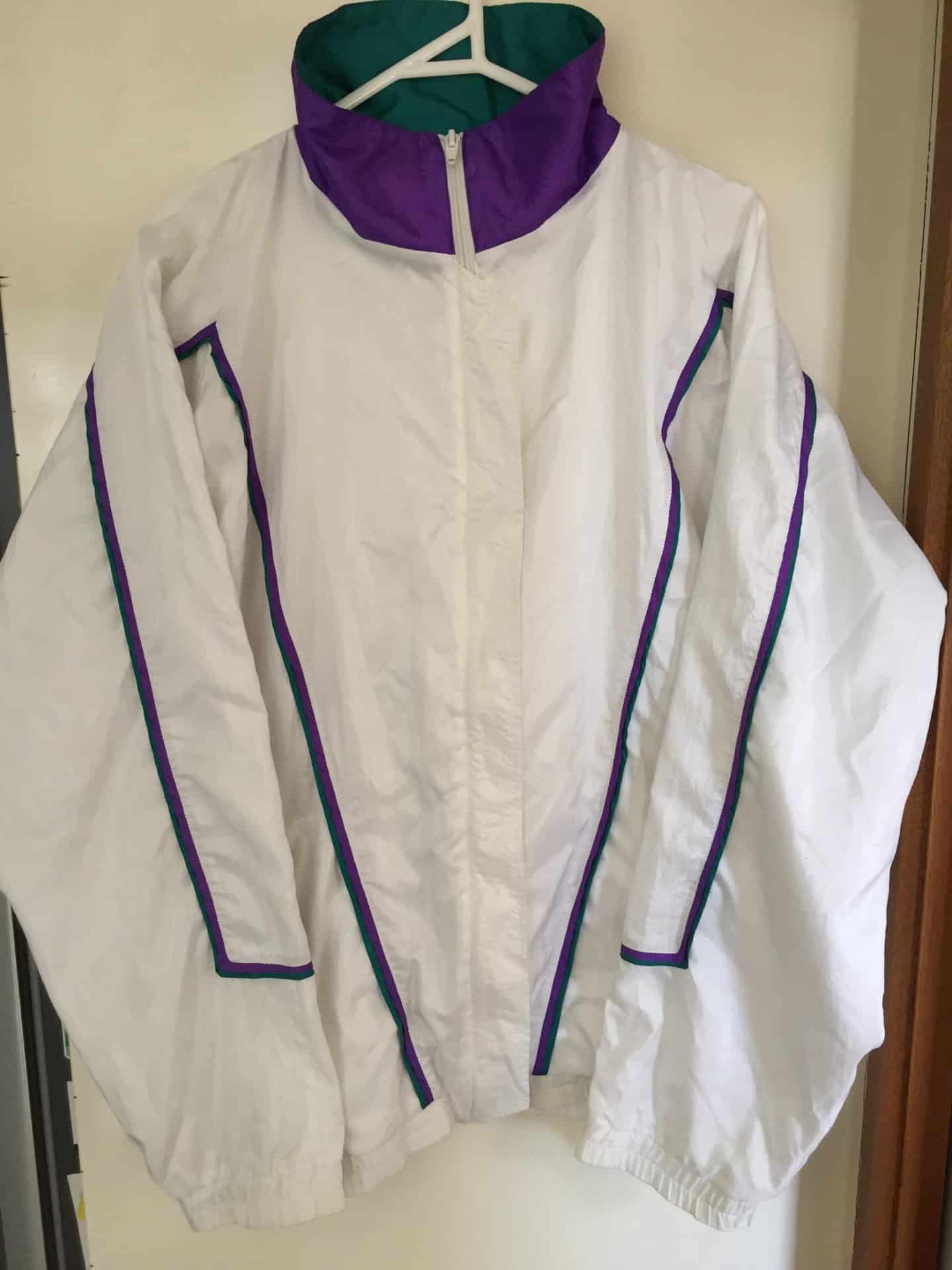
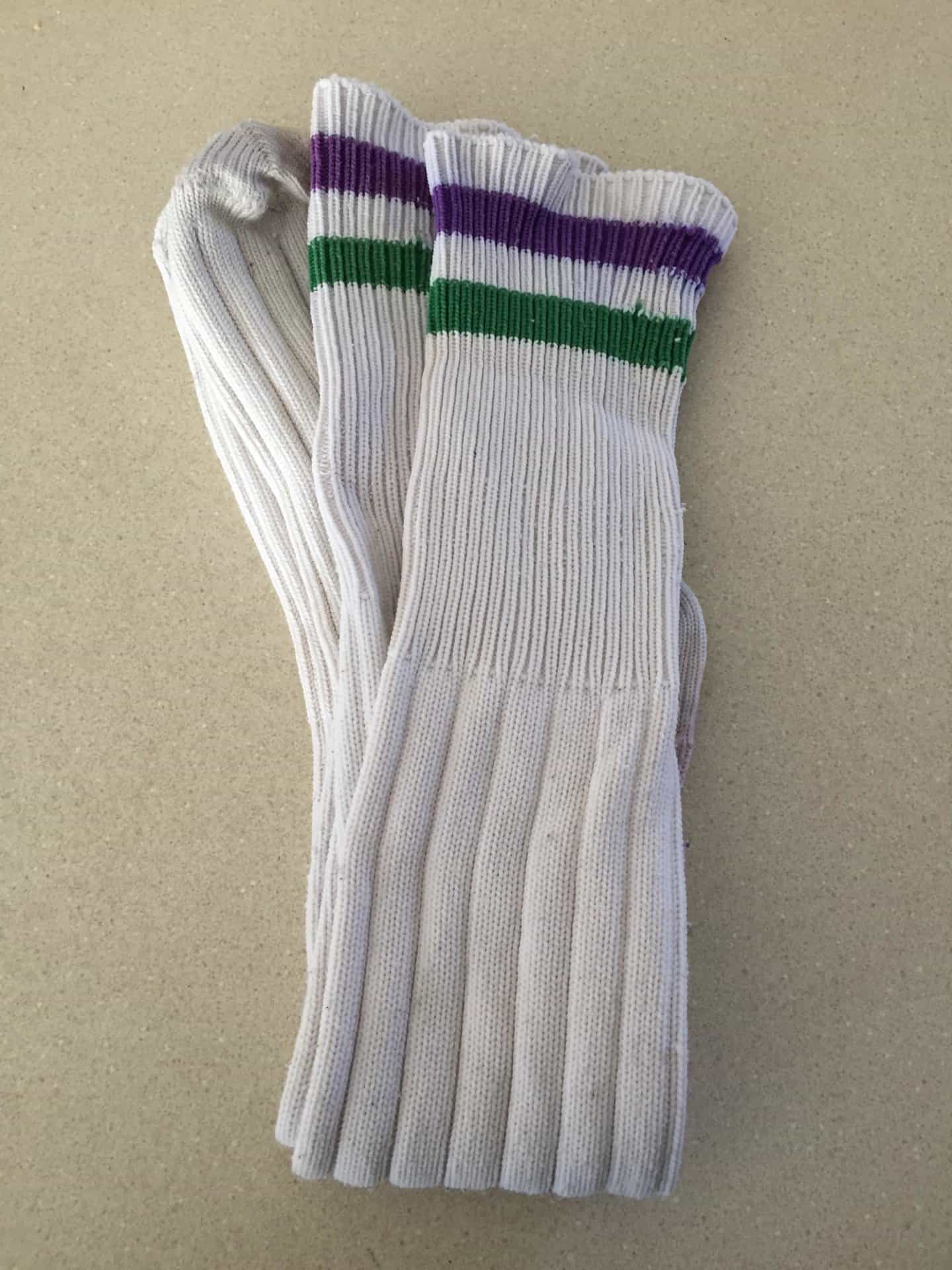
Q: What was the environment like then for female footballers?
FS: Football was new. We didn’t even play soccer at school – boys or girls. I grew up in NSW so we were a rugby league and rugby union town. Weekend football was my first after school / weekend sport. We had a coach and lots of support and I always felt included. I didn’t have anything to compare too. In hindsight I was very lucky.
Q: How have you seen the footballing environment grow/change for females?
FS: It started as a slow burn and now things are heating up but there needs more fuel to keep the flames from going out.
It depends where you are and who the people are that make things happen. This makes a big difference. When I moved to the ACT 30 years ago, I found a strong women’s football environment. It was easy to find a team and the competition has grown but there are still pockets where females do not get the same level of support or access as males, but things are slowly improving.
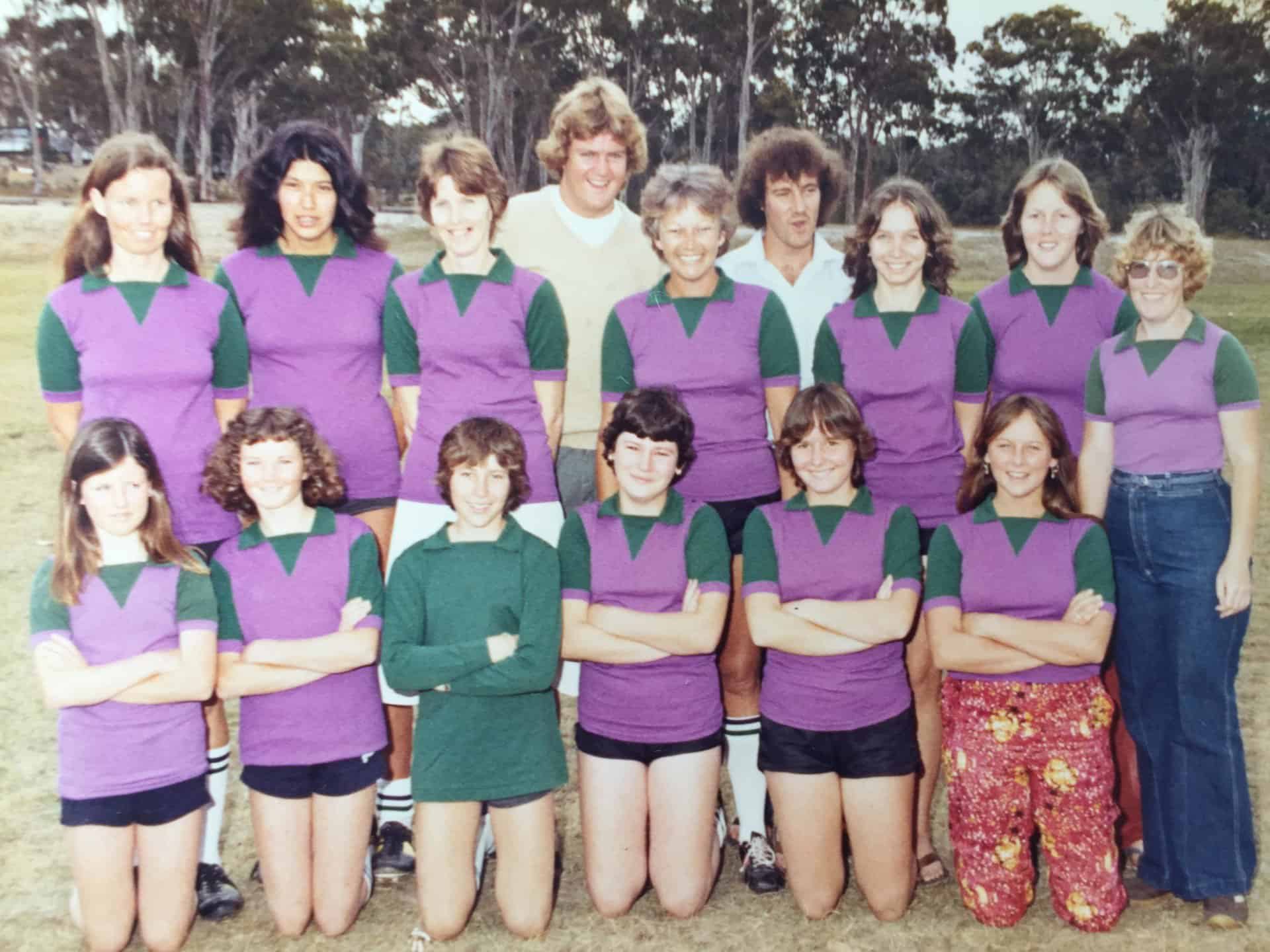
Q: In 2010, you were awarded Life Membership of Weston Molonglo (Weston Creek Soccer Club), in recognition of your contribution to the women’s game. What did that mean to you?
FS: It was very humbling to be recognised for volunteering in an area that is a key part of my life.
Q: What made you want to take on a more leadership role in football?
FS: I understand the important role and contribution volunteers make to the local community and particularly to the development of football in our region, and I was happy to be able to use my skills and experience to assist. It’s my way of giving back to the sport that has given me so much enjoyment, satisfaction and friendships.
Q: As Chair of CF Board, what are you proud to have achieved and what other goals do you hope to reach?
FS: I’m proud to have been elected by my peers as chair. It’s a privilege to lead a group of people with the same passion for football who want to make a difference and for football to go from strength to strength. I hope to be able to continue to contribute at the local and national levels to develop and improve opportunities for women and girls on and off the field. Hopefully more women will seek out and be successful in leadership roles in football by having female role models who show that it’s possible.
Q: There are so many things to celebrate about women’s football. What will always remain a highlight for you?
FS: I love the game. I love to play and I have developed life- long friendships. It is great to see little girls playing MiniRoos, but I am most inspired by the women in their 30s and older who have never played but give it a go and then are hooked.
